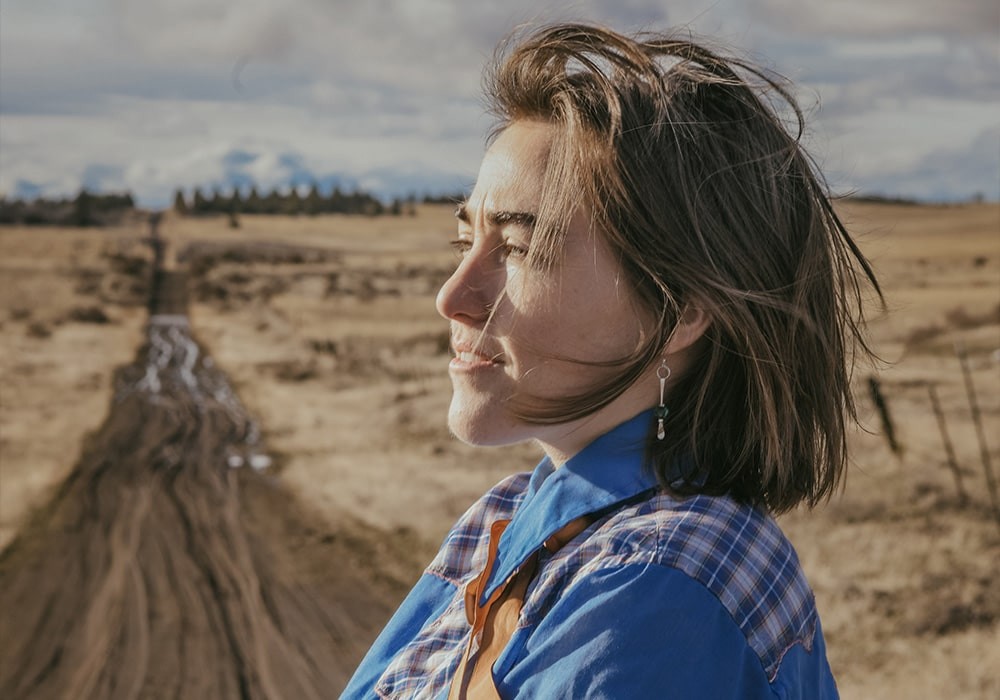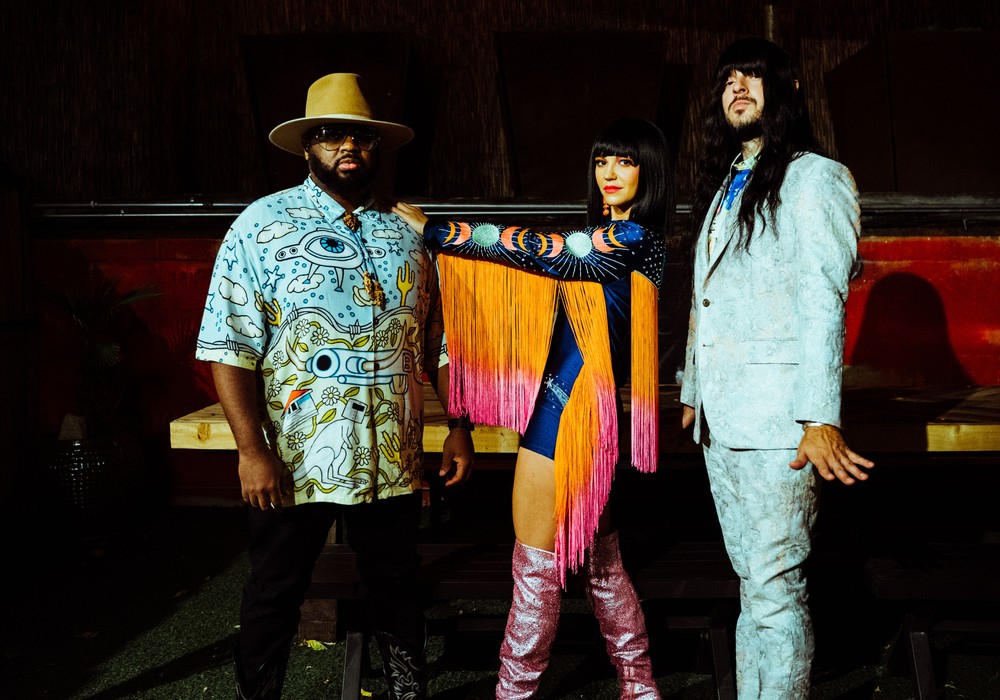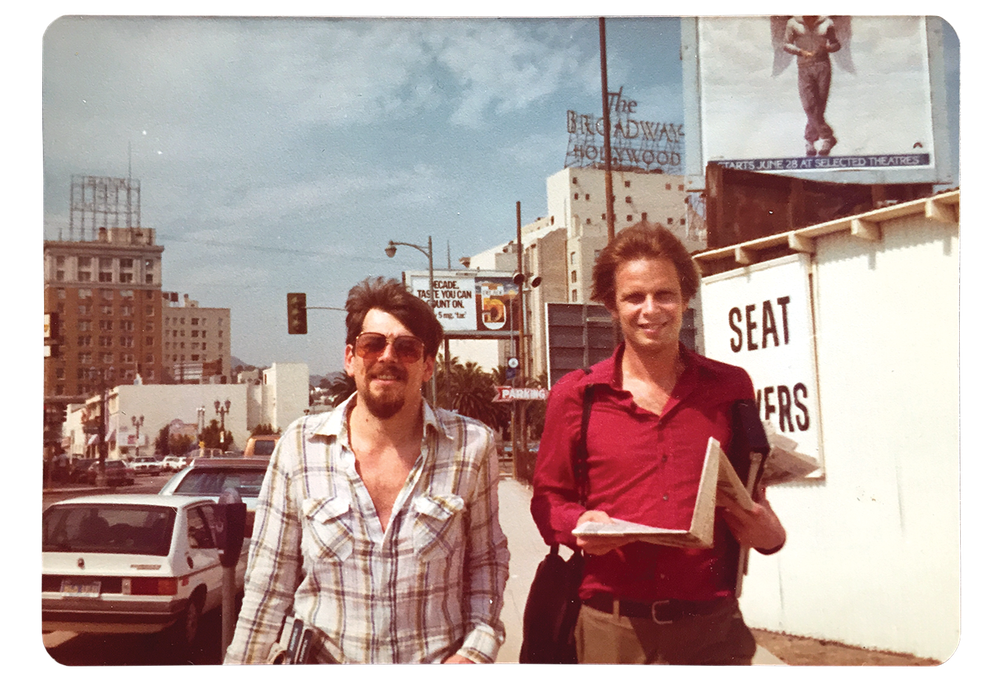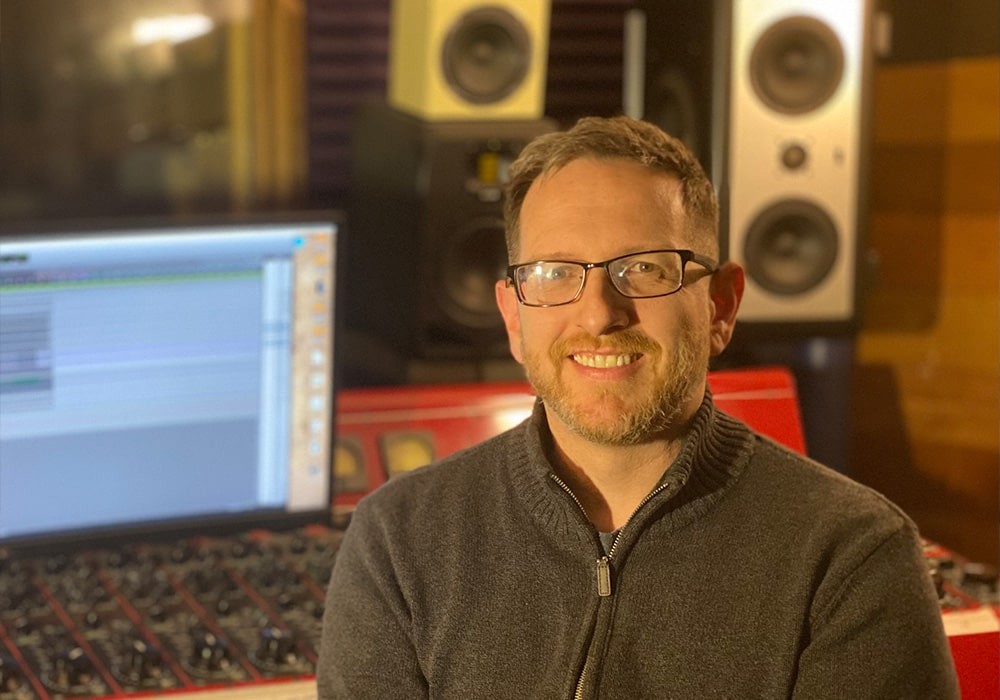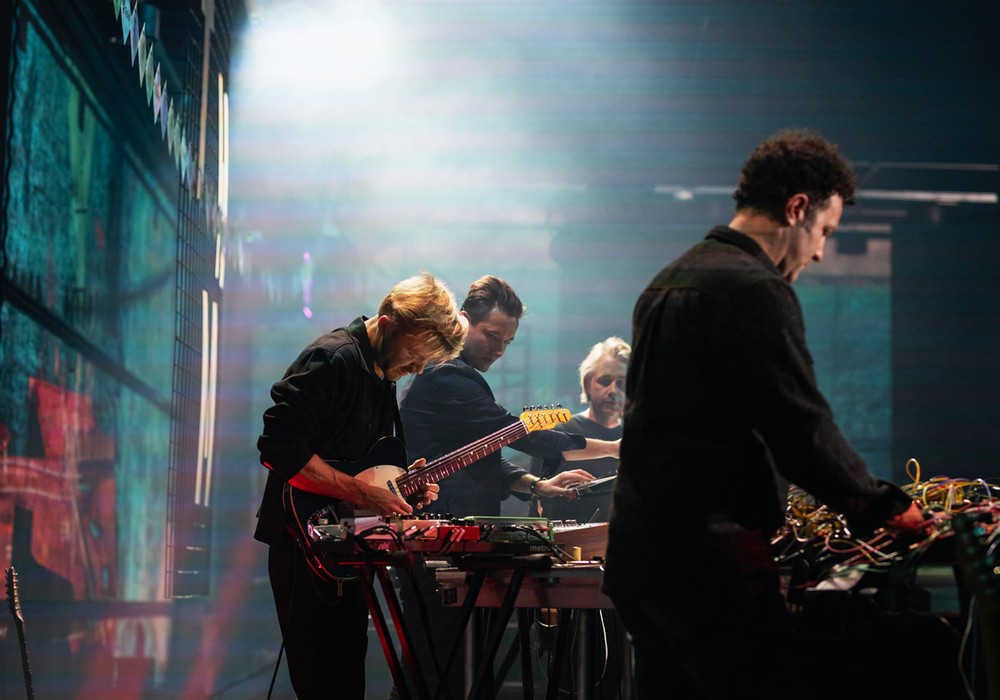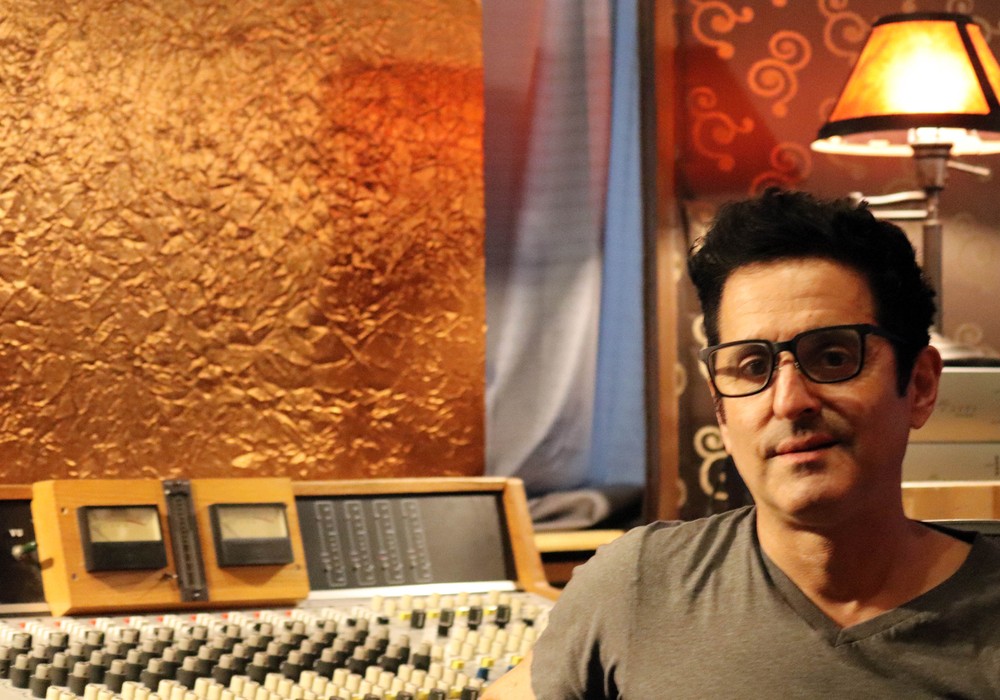Archiving the recorded audio history of the United States? The National Recording Preservation Foundation is just getting up and running, with some familiar folks on the governing board. I had to know more, so I called up Executive Director Gerald Seligman.
So what's the National Recording Preservation Foundation?
In the '90s, a National Film Preservation Act was enacted by Congress. They created the Film Registry, and they also created a foundation. Then in 2000, they decided that the same sort of effort should be done for audio preservation. By "audio" they mean broadcast, spoken word, speeches, music, and all the rest. So they created a National Recording Preservation Board, which is not us. That's the one that is directly a function of the Library of Congress. They do the registry, where they nominate 25 recordings. They were also charged with putting together a National Recording Preservation Plan, which they published last year. You can download that from the Library of Congress — it's really interesting. They created a foundation at the same time; but what they did was interesting, because they made us entirely independent. We're affiliated with the Library of Congress. In fact, they apply for matching funds for what we raise. But, other than that, we're entirely independent and we function according to the ideas and inspirations of our board.
How does that work? Is it really not a part of the government?
It's not. It's independent. It's a 501c3, which is a charity. They did it for quite a few reasons, one of which was pretty clever: they themselves could apply for grants from us, the Smithsonian, or any other institutional branch. It's good to be able to at least attempt to represent the interests of the archive community at large and not just government entities like the Library of Congress and the Smithsonian.
The "archive community," as far as record labels and such?
Well, more like all the university archives, the library archives, the not-for-profits, and all of that. However, it makes a lot of sense to be liaising and working with commercial labels as well. In fact, the Library of Congress even has that National Jukebox site, which is so wonderful.
I've gone on there. It's amazing.
Yeah, so there are ways to work with commercial entities to make music accessible that wouldn't be otherwise. But the main purpose is the not-for- profits and the archives.
Are you out looking for things to archive, or are you taking suggestions from the Library of Congress?
What's interesting is that this act was in 2000, but the foundation was only really formalized in 2011 and 2012. So we're really only just getting started. I've been on board for about 15 months now. I'm still in the set up phase, trying to get enough funding to actually hire myself full-time, as well as hire staff to begin the work at hand. There's no need for us to be an archive. It's much better if we support the work of existing archives and function as a charity. But the more I looked into this and had various conversations, it also became clear thatwe should be creating some projects in each of the areas — music, broadcast, and so forth. There are certain projects that I think we're well placed to do, but always we'll do them in partnership with an archive. I've got a civil rights broadcast project we're developing that will be done with the University of North Carolina at Chapel Hill. There's another project that could be done with the University of Santa Barbara. It'll make sense to do it; I think it's best that we don't become an archive but rather help the existing ones do their job.
Right. As far as funding and suggesting the type of archiving project to take on, you mean?
We'll do open calls for proposals. We've created a grant committee, as well as designed a form with the kind of information that we'll need. One of the most important things is accessibility, to try to get this stuff out to the general public, or at the very least to where researchers and students can have access. We'll basically do a lot of open calls where we ask people to come to us with proposals. We have X amount [of resources] available. We'll evaluate the proposals and then distribute the funds. The ones that we'll be creating are partly from people coming to us, telling us that they have the material. For instance, I got a call from one of the Chicago public radio stations saying that they want to digitize all of Studs Terkel's interviews. We're talking thousands. He was one of the greatest interviewers in the history of broadcast. They also have a simultaneous project with the public school system to use some of these interviews in education modules. That's exactly the kind of thing that I believe we should be doing. It's about getting important material widely available, but also helping to fund a model that can be used by other stations or archives that have great interviews. It's that balance between general open calls for proposals, and actually helping to accomplish these.
What percentage do you foresee involving music?
I think it'll be important to balance as much as we can, but it will be very hard to say, arbitrarily. I think it'll really depend on the quality of proposals that come to us. If one year there happens to be more in spoken word, such as great speeches or broadcast projects, then we'll do more of those. Or, if there are more music projects one year, we'll do more of them. I think it really depends on what comes in.
We're going to start seeing a lot more music that was recorded in the past that'll become open copyright.
Very much so. But, at the same time, there are a lot of university archives and library archives that are taking material, even if they're not entirely sure who the copyright owner might be. I think they very rightly perceive that if it's vulnerable material on a medium that is perishable, the important thing is to get it fixed up, preserve the original in order to make high quality digital copies, and then to worry about who owns it and all of that. Who owns it affects the accessibility issue, but they can make it available to students and researchers, even if they're not sure.
Absolutely. That's the function of a library, isn't it?
Exactly. In terms of the commercialization and all of that, those would be secondary questions.
You have some familiar names on the governing board.
George Massenburg's on there [Tape Op #54, 63]. Jack White [#82] and T Bone Burnett [#67] are on the board, also. It makes sense that George would be involved, given his commitments and concerns about sound quality and preserving these master tapes.
I know that Jack White made a sizable donation recently.
Jack said that he'd like to contribute, so when we had the conversation privately I was really stunned when it was a $200,000 check. You know of his commitment with the Paramount project [The Rise and Fall of Paramount Records 1917-1932] and his own label [Third Man Records]. He's deeply committed. He said that he didn't want it to seem like he was grandstanding, but he just wanted to get the thing going. That was extraordinarily timely and helpful. Then T Bone, the Cohen Brothers, and [film producer] Scott Rudin had a concert at Town Hall for the Inside Llewyn Davis film and donated some proceeds to us as well.
What was your background that led to you being in this position?
It's interesting. I began as a journalist, but then I worked for a long time in the music industry. I always had a great love of archival work. I started off doing a lot of compilations and research with music from all over the world. I ended up working in the Brazilian music industry, and then I was with EMI London for a long time. At a certain point, as the industry changed and I felt I couldn't do the kind of music I wanted to, I left. Then I was the head of WOMEX, World Music Expo. It's based in Germany, but they do events all over. I was interested in trying to help create a foundation so that artists could actually earn and make a living around the world. I also wanted to try to help give exposure to their work internationally, so I was very much involved with musician showcases and stuff like that. In fact, I'm still doing one in Borneo.
What can people do to help support the foundation?
We're still in the startup phase. I'm hoping within the next three months to begin hiring a couple of people so that we can really get cracking. At this stage, we're very much looking for people who can help contribute [financially]. We're also looking for industry figures, whether it's the equipment industry, tech industry, Internet industry, labels, trade associations, or broadcast associations. What we're determined to do is have the lowest possible overhead. At the moment I actually have donated office space. We want to maximize what we can give out to projects. For fundraising, there's a PayPal link on our website and you can sign up for information.
In what ways can people propose an archiving project?
We'll start posting when we start doing calls for proposals. With the press we've been getting, I've been receiving a lot of interesting approaches regarding collections and tapes. Even at this stage I'm trying to link people to the right sorts of places to possibly find homes for what they've got. It's a pretty thrilling time. It's absurd when your mandate is to look over the entire nation's recorded history. I figure that'll keep us busy. It's pretty damn exciting.
It will never be caught up.
No. That's exactly it. We're excited about what the mission is; and if anybody can help, it'd be greatly appreciated. We hope to begin showing results soon!
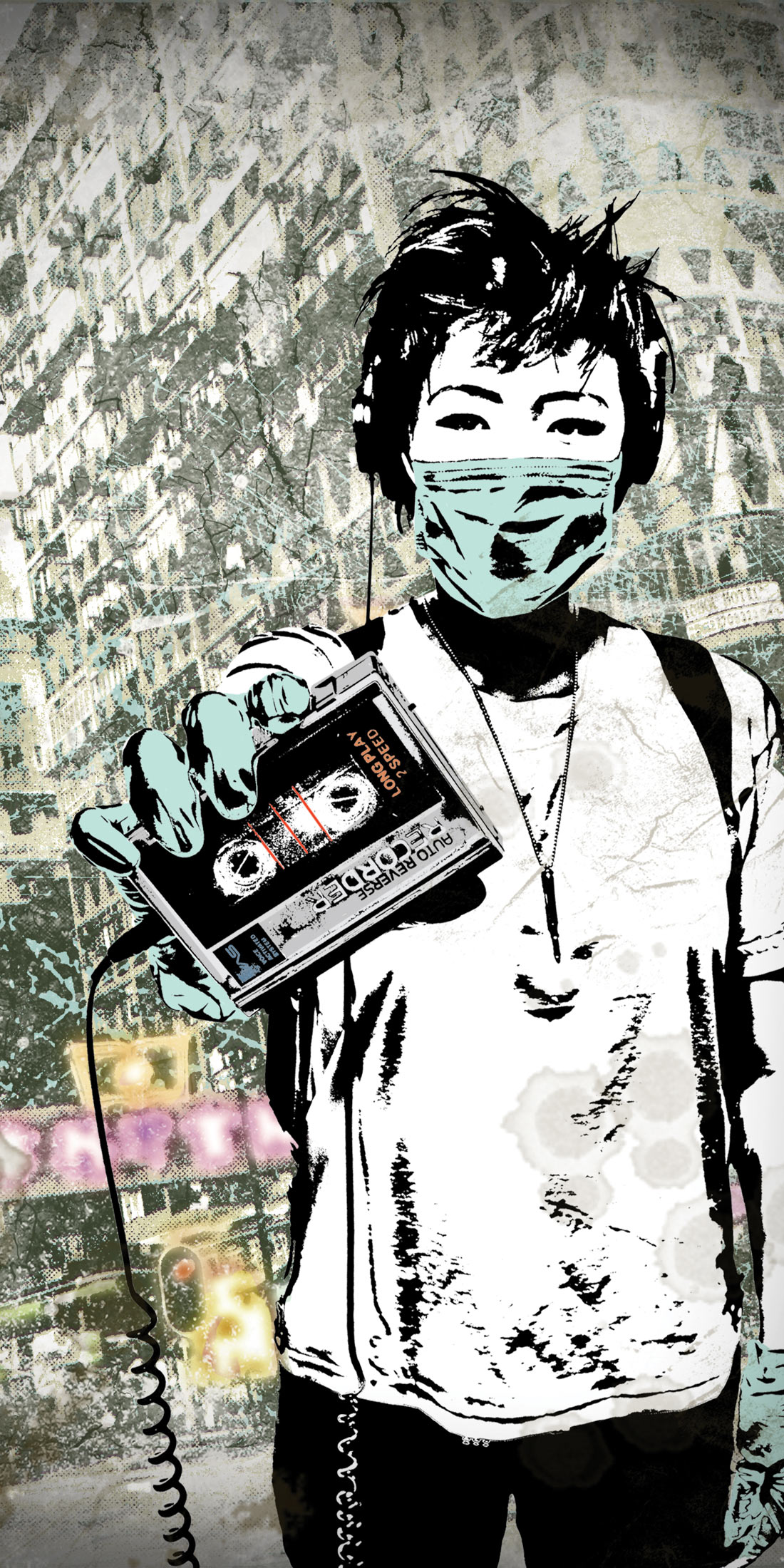

_display_horizontal.jpg)
